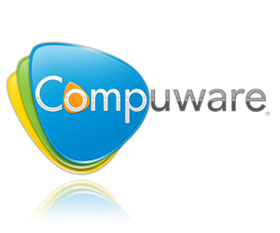Home Affairs to focus on IT cleanup
The Department of Home Affairs (DHA) says it will focus on improving its IT infrastructure before implementing the long awaited ID smart cards.
Speaking during a recent media briefing, Home Affairs DG, Mkuseli Apleni, noted that the department would now focus on overhauling its IT systems.
“A smart card in our view is the end of the process and it links with the live capture. What we realised is that if we do not have proper structures in the department first - if you do not have a clean National Population Register - the smart card will still be problematic – as are the IDs,” Apleni explained.
Over the years, the DHA has been plagued by poor service delivery as it struggled to clear its system of duplicate IDs and clean up its National Population Register.
Earlier this year, the department announced that smart ID cards would be implemented in the 2012/13 financial year.
The project is currently being piloted through the Government Printing Works (GPW) – which has produced an ID smart card for pilots and crew members which will serve as a precursor to the introduction of smart cards.
“Therefore in this year, what we have prioritised on the smart card is the issue of the chip on which information will be stored. We must decide what chip we want to have in the product. The card will therefore be very secure,” Mkuseli noted.
The DHA currently has 280 offices across the country – 40 of which have the live capture technology. The electronic solution is expected to be rolled out to over 167 offices throughout the country by the end of this year. In 2012, the department hopes to have completed the introduction of the solution to 207 offices.
Apleni noted that the DHA would now subnit a proposal on how the smart cards would be introduced to Cabinet and forge partnerships with departments and government entities to ensure the successful roll out of the project.
“Although the Department of Home Affairs is the custodian of this card in terms of production, other stakeholders - including banks, the South African Social Security Agency (SASSA), Department of Health, and others – will also use it. We must ensure this infrastructure is in place. We already have agreements with SASSA and South African Banking Risk Information Centre (SABRIC). We must also have the readers in place before the card is produced,” he said.


